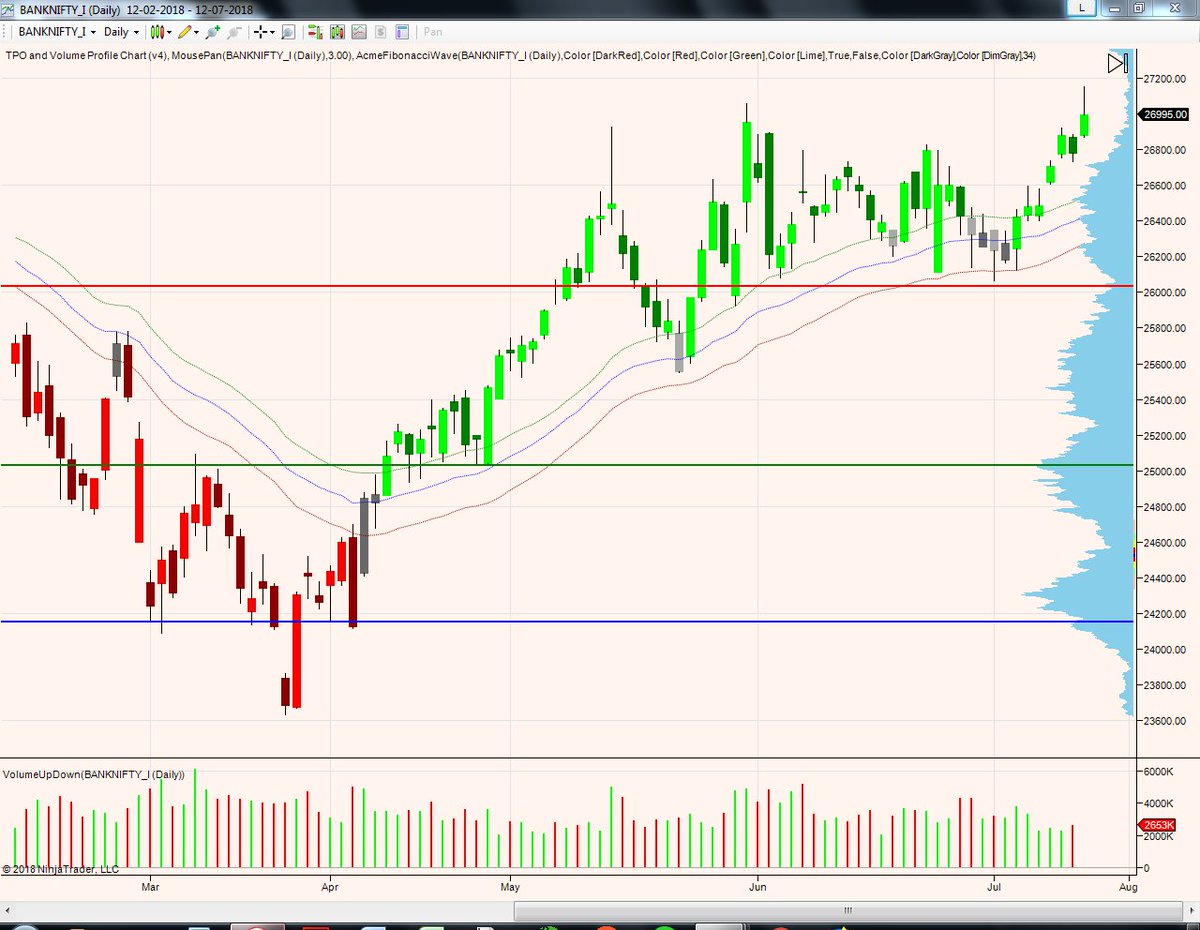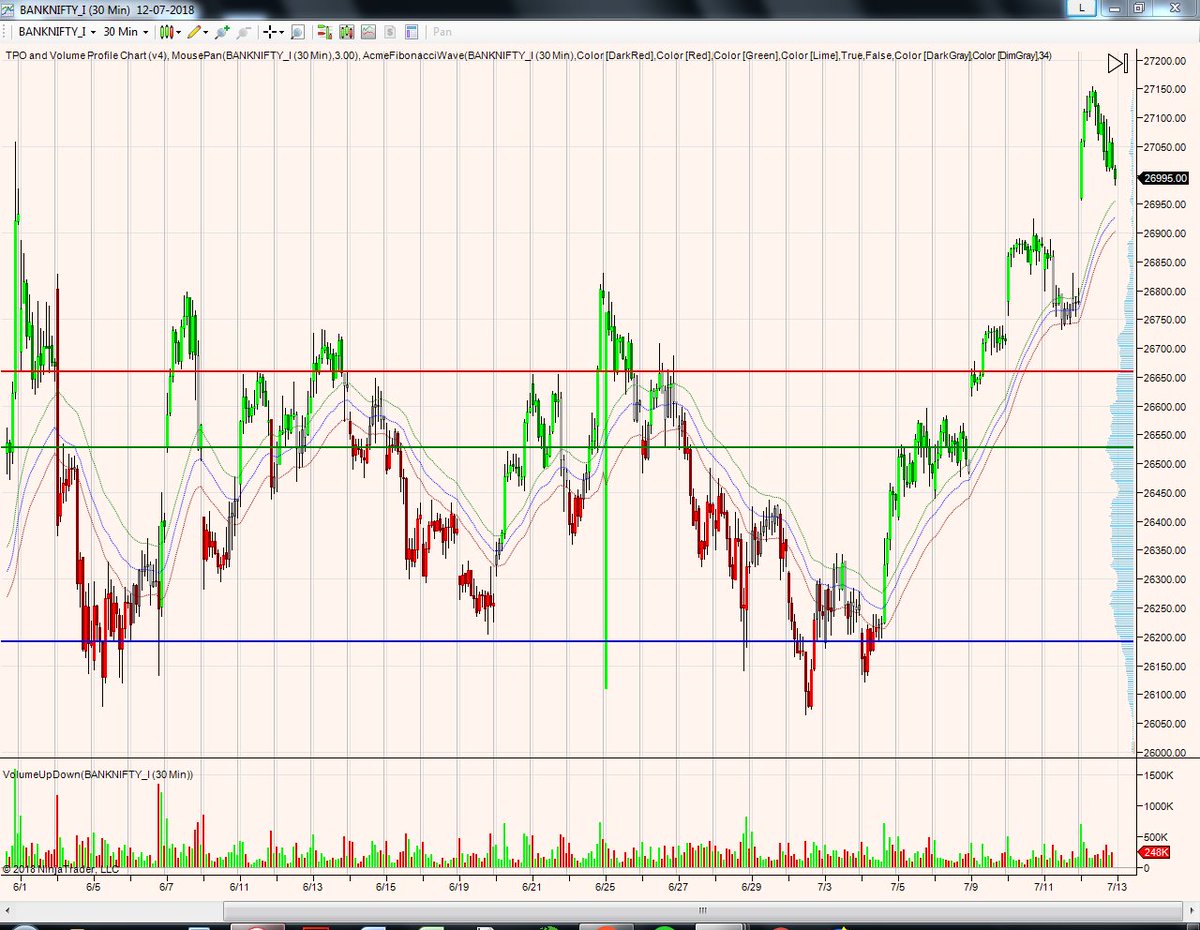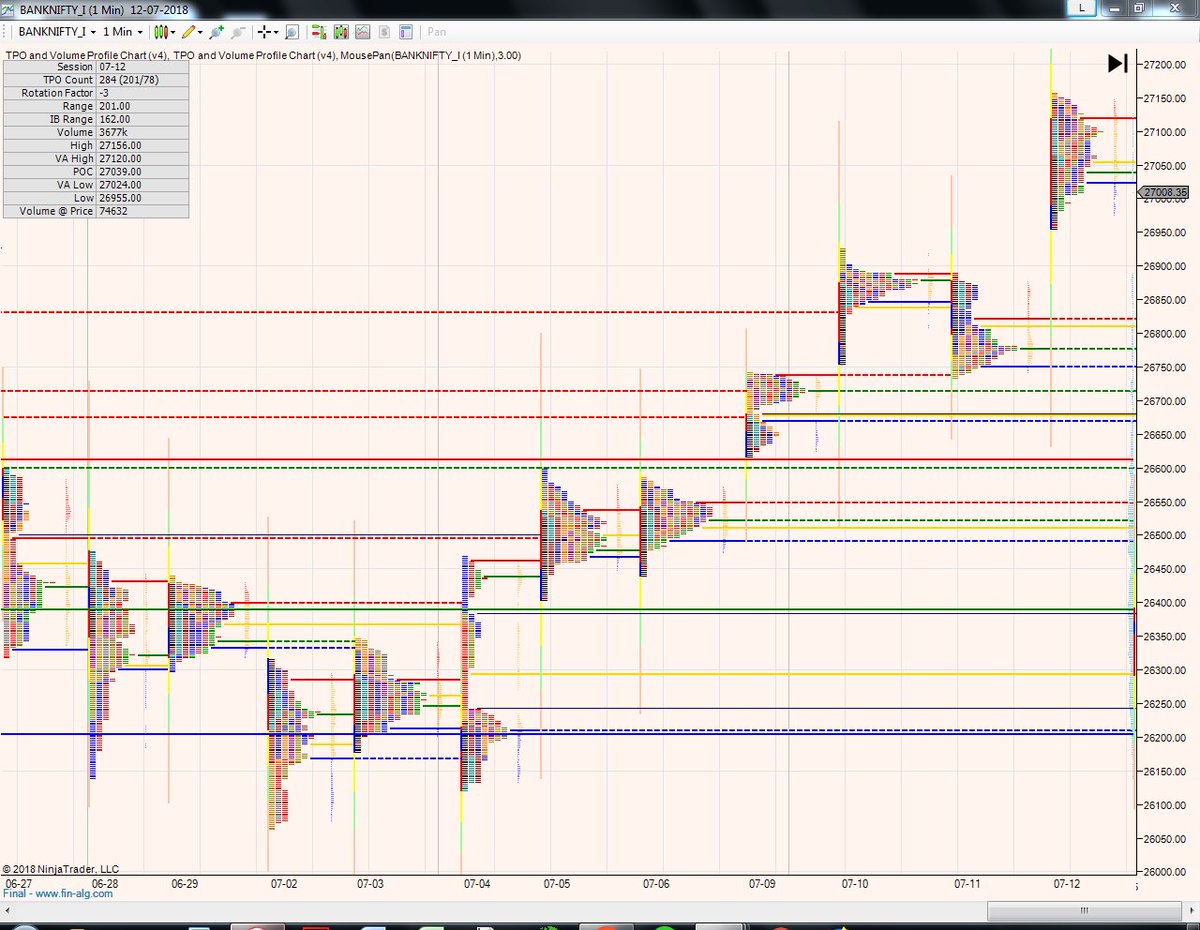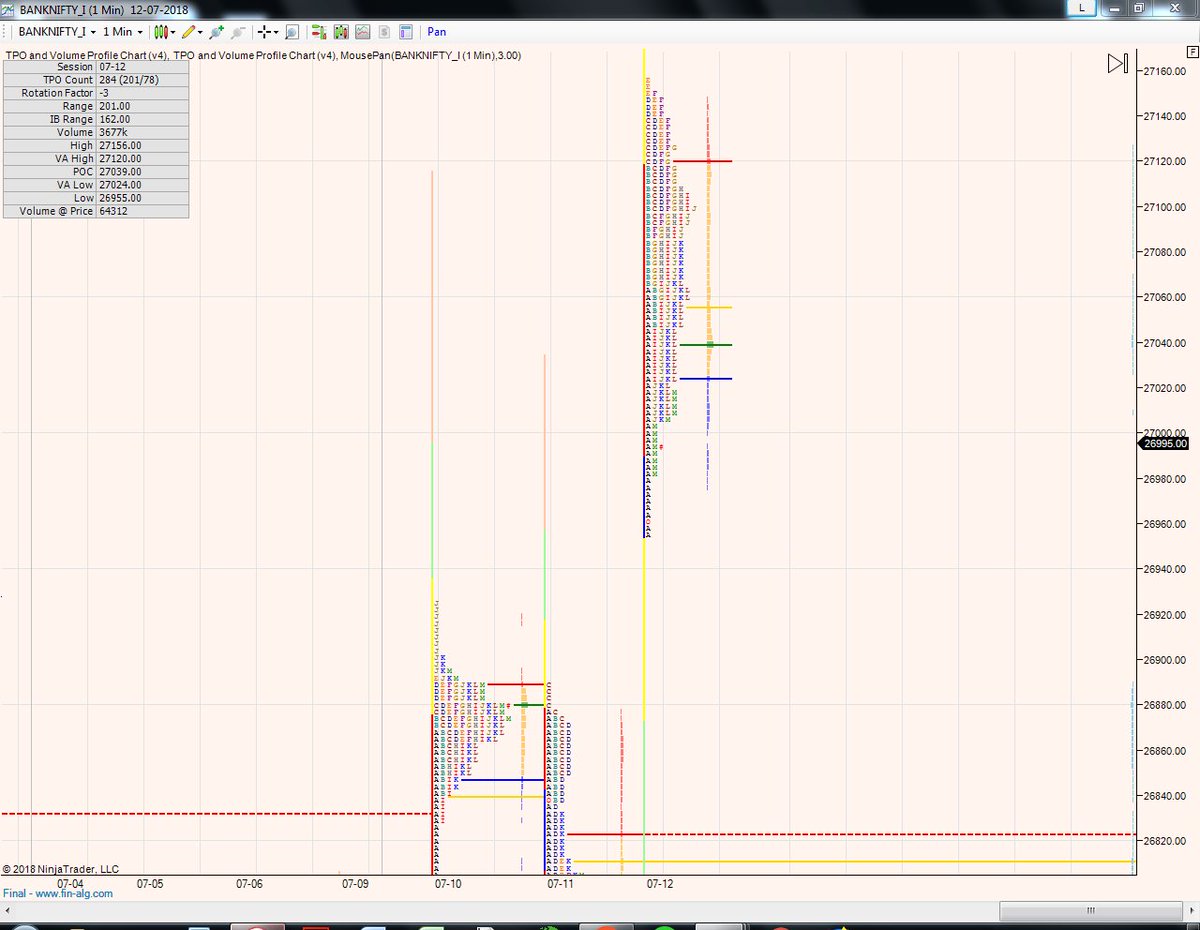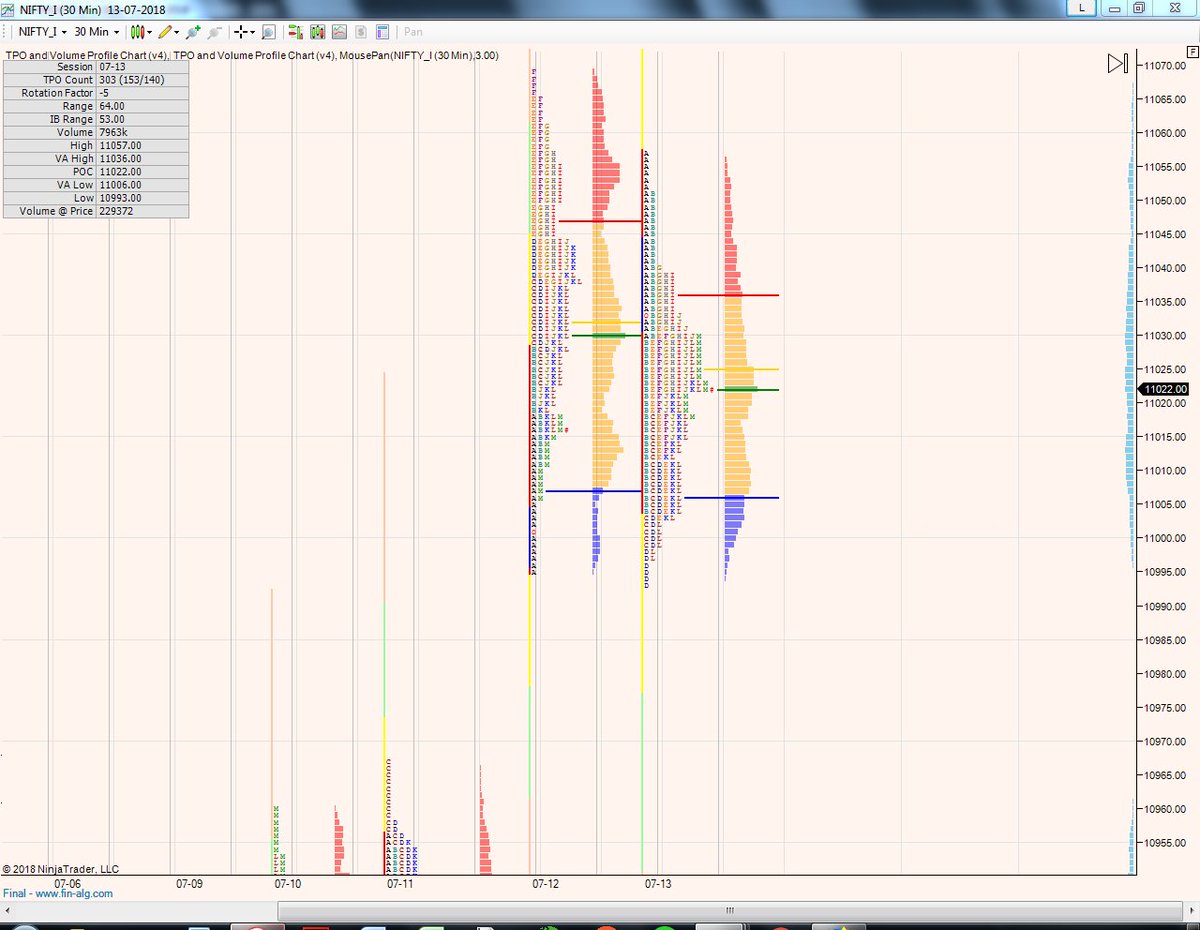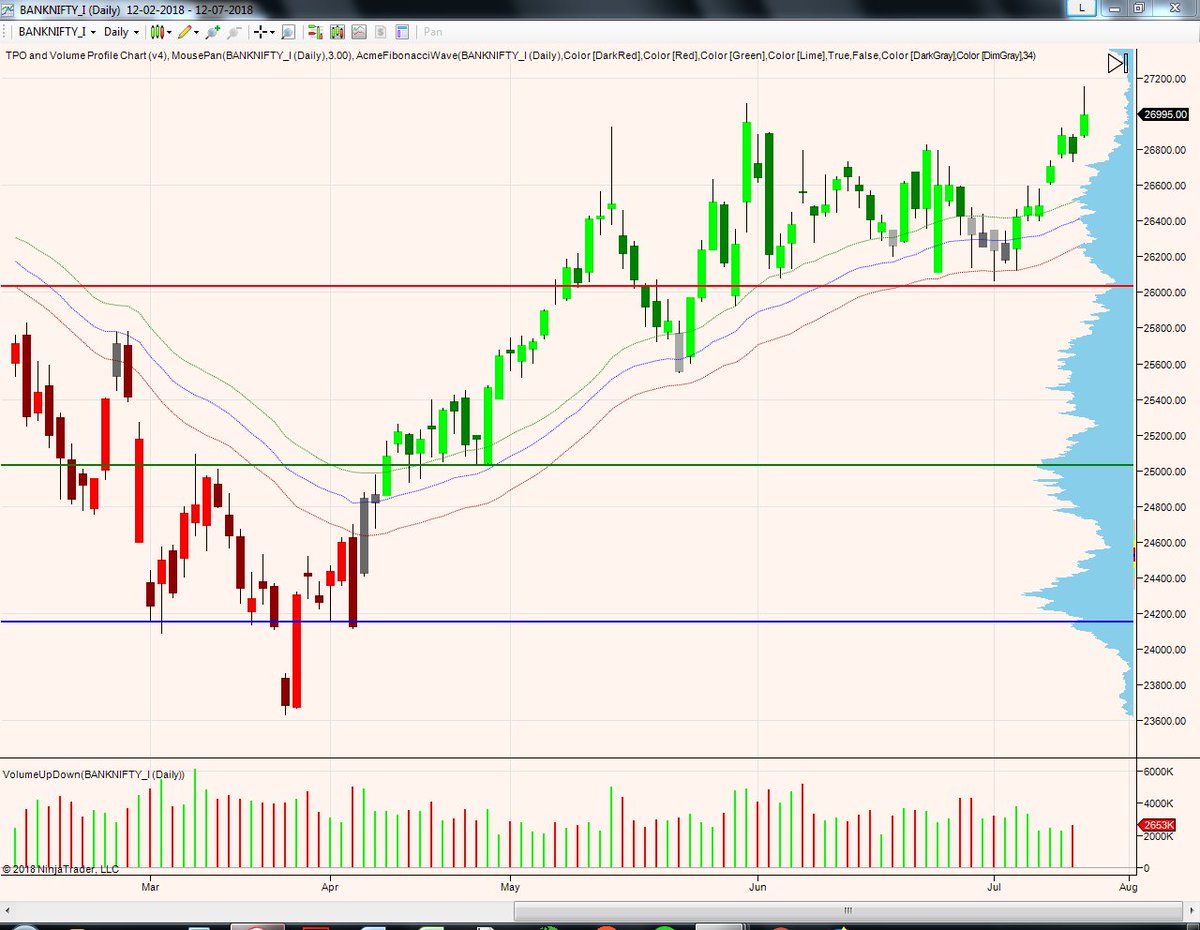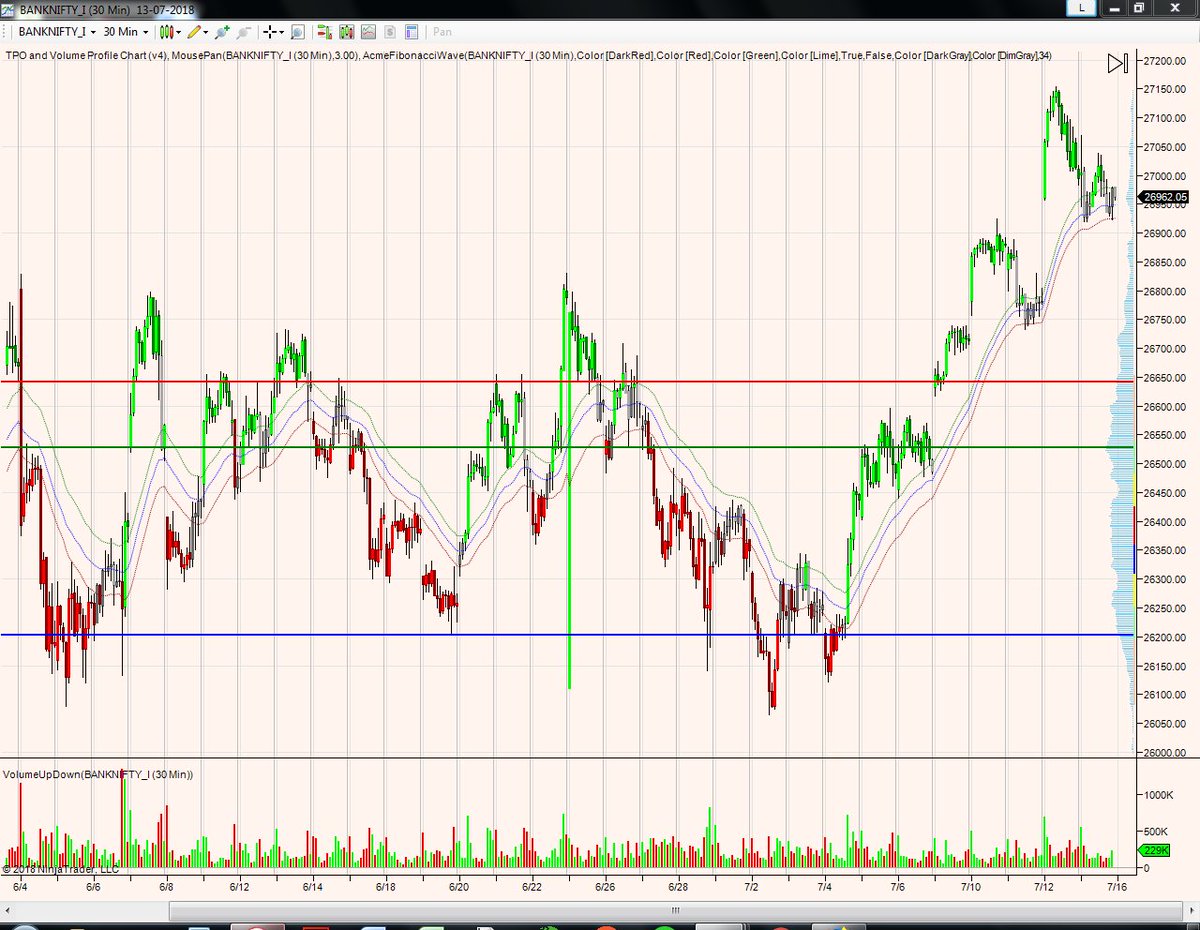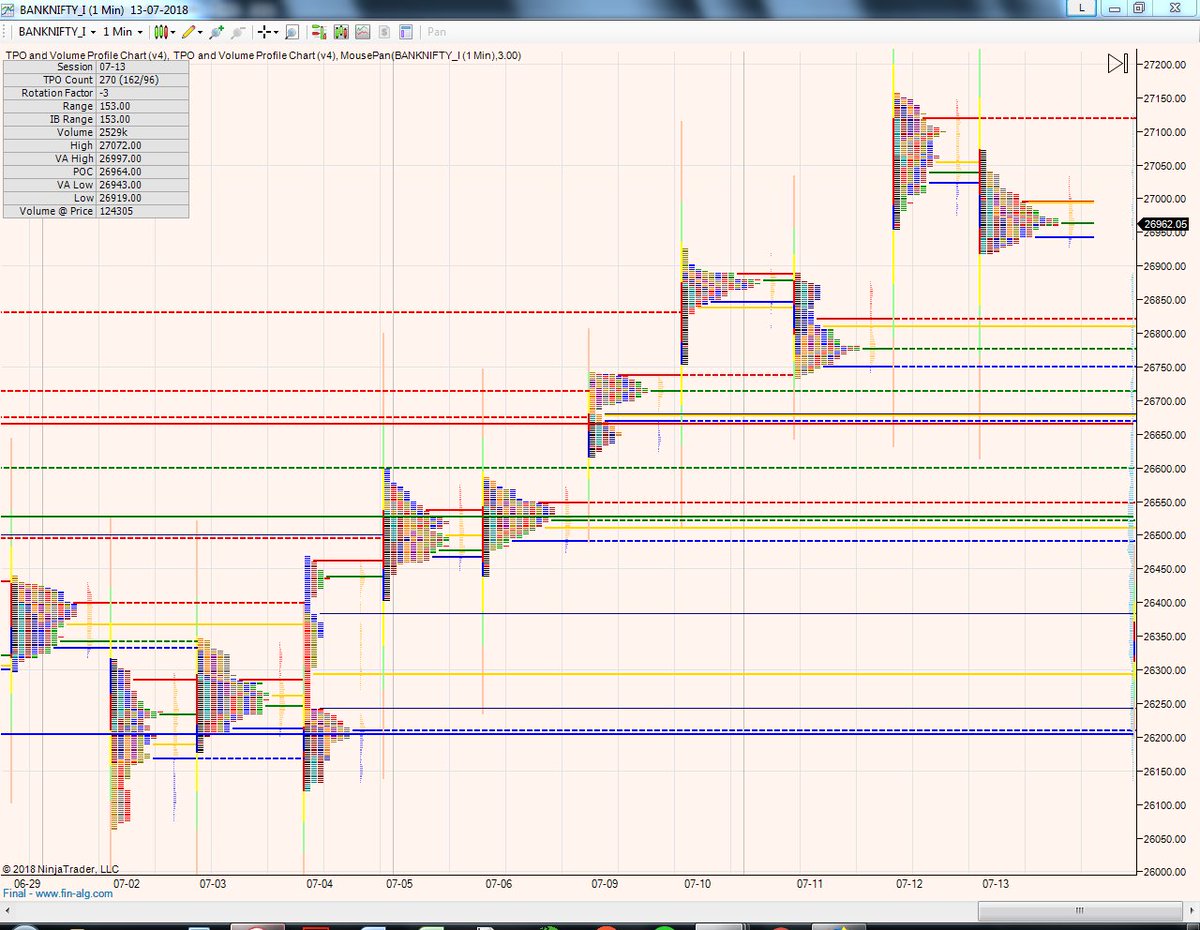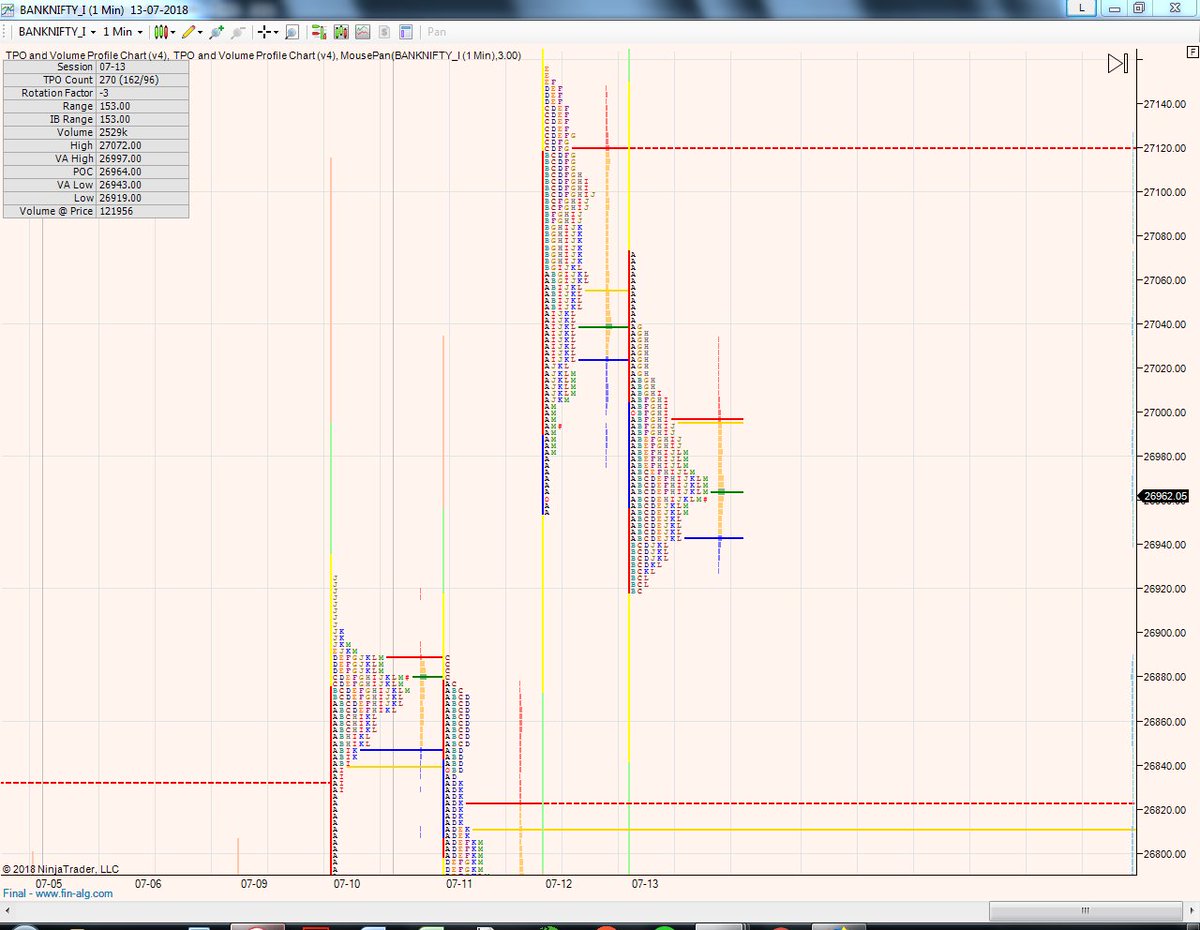Superforecasting: The Art and Science of Prediction
by Philip E. Tetlock and Dan Gardner
Week 2
#WeekendReading
#LearningTogether
by Philip E. Tetlock and Dan Gardner
Week 2
#WeekendReading
#LearningTogether
https://twitter.com/IMRiskManager/status/1005068483577634816
1 It’s a rare day when a journalist says, “The market rose today for any one of a hundred different reasons, or a mix of them, so no one knows.”
2 Scientists must be able to answer the question “What would convince me I am wrong?” If they can’t, it’s a sign they have grown too attached to their beliefs.
3 Our natural inclination is to grab on to the first plausible explanation and happily gather supportive evidence without checking its reliability. That is what psychologists call confirmation bias.
4 If you have the time to think before making a big decision, do so—and be prepared to accept that what seems obviously true now may turn out to be false later.
5 Bringing the rigor of measurement to forecasting might seem easiesr to do: collect forecasts, judge their accuracy, add the numbers. That’s it.
But it’s not nearly so simple.
But it’s not nearly so simple.
6 Estimating is what you do when you do not know. We never truly know what will happen next. Hence forecasting is all about estimating the likelihood of something happening.
7 It is always difficult to see things outside of our own perspective, but for better forecasting it’s better to aggregate information from different sources, and consider as many different perspectives as possible like a dragonfly.
8 High-powered pattern recognition skills won’t get you far, though, if you don’t know where to look for patterns in the real world.
9 So it seems intelligence and knowledge help but they add little beyond a certain threshold—so superforecasting does not require a Harvard PhD and the ability to speak five languages.
10 When we make estimates, we tend to start with some number and adjust. The number we start with is called the anchor. It’s important because we typically underadjust, which means a bad anchor can easily produce a bad estimate.
11 If you aimlessly examine one tree, then another, and another, you will quickly become lost in the forest. A good exploration of the inside view does not involve wandering around, soaking up any and all information and hoping that insight somehow emerges.....
12......It is targeted and purposeful: it is an investigation, not an amble.
13 Superforecasters pursue point-counterpoint discussions routinely, and they keep at them long past the point where most people would succumb to migraines.
14 For superforecasters, beliefs are hypotheses to be tested, not treasures to be guarded.
15 People trust more confident financial advisers over those who are less confident even when their track records are identical. And people equate confidence & competence, which makes the forecaster who says something has a middling probability of happening less worthy of respect
16 Scientific facts that look as solid as rock to one generation of scientists can be crushed to dust beneath the advances of the next.16 All scientific knowledge is tentative. Nothing is chiseled in granite.
• • •
Missing some Tweet in this thread? You can try to
force a refresh


